Editor’s Note: This piece contains mention of gun violence.
My laptop password is my dog’s middle name. Yes, my dog has a middle name. Middle name privileges were my dad’s consolation prize after my mom and I unanimously voted to name her after a “Grey’s Anatomy” character. After you log in, please email my professor to let her know I won’t be in class on Friday. I don’t want to let my group’s presentation grade suffer since I won’t be there. Please check my medical school application portals after I’m gone — I’d like my parents to know where I would have been a doctor someday. I keep my room unlocked most of the time, so you won’t have any trouble cleaning it out to assign to another student in the spring. You can give my artwork and photos to my roommates. Remind them to get my disposable camera developed too. Please try and get the posters off the walls without ripping any of the paint — I wouldn’t want my parents to have to pay for a room damage fee.
I’ve been saving up money since I was in seventh grade to try and afford a year or two of medical school. I saved up even more this past year in the hopes of being able to see Taylor Swift and afford a hiking trip after graduation. Please give it to my mom so she can divide it between my siblings and remind her to do it exactly evenly so nobody has to fight. I was registered to run for St. Jude’s in the Nashville Marathon in April; people can donate there or show up to support the other runners in lieu of flowers at my memorial.
Since I won’t be graduating, feel free to give all of my biology notes and MCAT prep resources to any first-year students who feel like they aren’t good enough to succeed in science. Remind them that I was so close to succeeding and that they will too, if they can stay alive. There are review slides for all of the biology exams — make sure to post those on Brightspace. There are so many words I will have left unsaid and so many people to whom I would not have been able to say “I love you” to one last time. There is a note on my phone with things I waited too long to say — tell my sister and she’ll know what to do. Say those words for me.
In my eulogy and in the news coverage following the event, please don’t use the words “tragic” or “shocking.” Please instead call it exactly what it is: predictable and expected. Don’t call me a beloved daughter, friend, sister or colleague. Call me a victim of the NRA and the millions of Americans who would rather protect their assault rifles than the life I lived. As you read over the articles I wrote about gun violence and the letters I penned to state legislators and see the pictures of protests I attended, don’t be surprised. When you see photos of me attending walkouts, marches and protests from the age of 14, remember that I tried. Don’t tell my peers and grieving friends to raise their voices to honor my memory. Remember that I was already screaming at the top of my lungs and it wasn’t enough.
When our governors and senators pass legislation in favor of arming educators or loosening restrictions on weapons of war from the comfort of their NRA-funded offices, remind them that I am not so different from their daughters. I grew up in their neighborhoods, I was on their kids’ sports teams, I attended their fancy private schools, I trick-or-treated at their houses and I was the next-door neighbor with a lemonade stand. School shootings do not happen to a specific group of people or in a specific area of our country. No matter how wealthy or privileged you are, you are not safe from the possibility that someone will walk into your world with an AR-15 and pulverize your body. No matter who you are or what you want to be, you cannot escape this reality.
Remind them that their community is also mine and that none of us are safe.
After my body has cooled, I will be another statistic in a dataset. I will be a number cited in poorly formatted PowerPoint slides and news articles barely skimmed by readers already overwhelmed with the gore in this week’s news cycle. Yes, my family and friends will mourn this statistic deeply, but that is all I will be — another statistic. Thoughts and prayers won’t comfort the parents grieving the loss of their child, the friends grieving the loss of their companion and the loss of my bright future and my potential. They will be devastated about the life unlived and the love unloved, but it won’t matter. I will become one of the 383 students killed in a school shooting since Columbine and I will join the 356,000 who have experienced gun violence on their campus.
If reading a 22-year-old’s instructions for the aftermath of her own murder is not deeply disturbing to you, think about the fact that two of the three deadliest school shootings in this nation were not at colleges with students like me: they were at elementary schools. I pen this editorial as I prepare to graduate college in under a year, but the children in these statistics didn’t even graduate from fifth grade.
Considering the possibility of facing a school shooting is a horrifying — yet unavoidable — experience for my generation and those who follow us. From elementary school, we were trained to “run, hide or fight” because there is no guarantee that it would not happen to us. In third grade, my class practiced hiding behind our teacher, locking the door and being quiet. We giggled at the silliness of sitting under a desk and poked our friends, unaware that we were practicing how not to die. On the playground in fourth grade, my friends and I decided that we would survive a shooting by pretending to be dead. I knew I wasn’t as fast as the other kids, but I was on the swim team and thought I could hold my breath for longer. In high school, I was faced with the horrifying reality of typing a text to my parents letting them know I may be in an active shooter situation. When I sat in my first lecture at Vanderbilt, I thought about how close I was to an exit and how I would leap over seats to escape an armed intruder.
There is no sense of safety on any educational campus in this country.
Comments on student-penned editorials for the Washington Post and New York Times would disagree with me. They would argue that I am statistically safe at school. They would argue that the chances of dying in a car crash or a lightning strike are higher. I understand statistics and math and probability and I understand percentages, chances, odds and likelihood. My Vanderbilt education has given me that.
I also know that some of the kids running from bullets at MSU had already experienced a school shooting a few years before in high school. I also know how deep-rooted and pervasive the terror of dying in a school shooting is amongst my peers. I hear adults telling me that guns are freedom while our children continue slaughtering each other. I have studied how brains respond to trauma and how children develop when they do not feel safe. I know that firearms are the leading cause of death in children nationwide. I have peers who have experienced school shootings and peers who have lost friends to gun violence.
When I decided to write about gun violence again, I grappled with the horrifying thought of when I should publish this piece. I wondered whether I should wait to talk about school shootings again because I hoped that there would be no next one, that they would somehow stop occurring if I didn’t talk about them. I wondered whether people would care if there wasn’t a tragedy to rally around. Why write about this now? Why raise my voice to highlight the cruelty and injustice of school shootings when we’ve managed to go eight days without one? Why bring this up in a moment when we can tune out the devastation of the past and focus on our trivial daily lives?
If we don’t take advantage of the moments we have to make change, it will never happen. If we continue to move on from each shooting without figuring out how to prevent another one from happening again, we’re wasting the moment. If I die in a school shooting, let them see what happened to me. Make sure every single lawmaker understands exactly what a bullet does when it tears through the flesh. Make sure they understand that skin and bone are not the only things destroyed when a piece of metal tears through a body. Do not stop fighting until the classroom is a place for education, not a place for bodies because the morgue is already full.




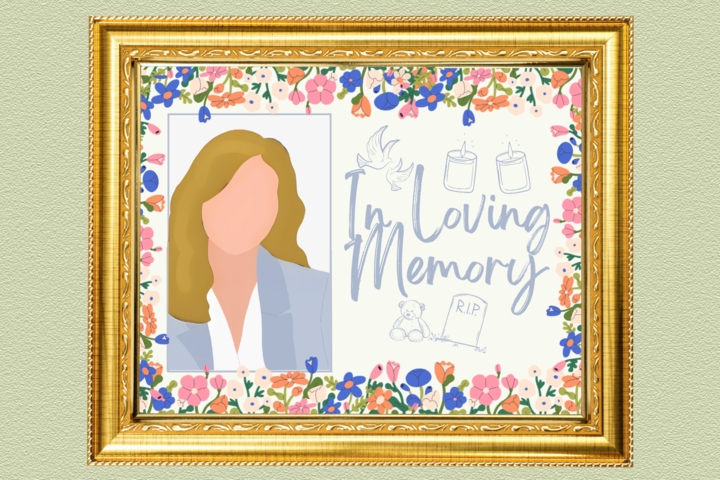
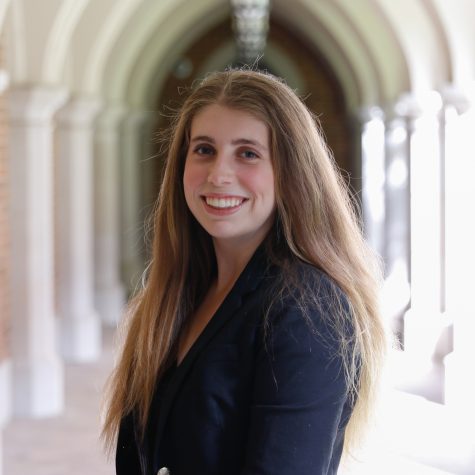
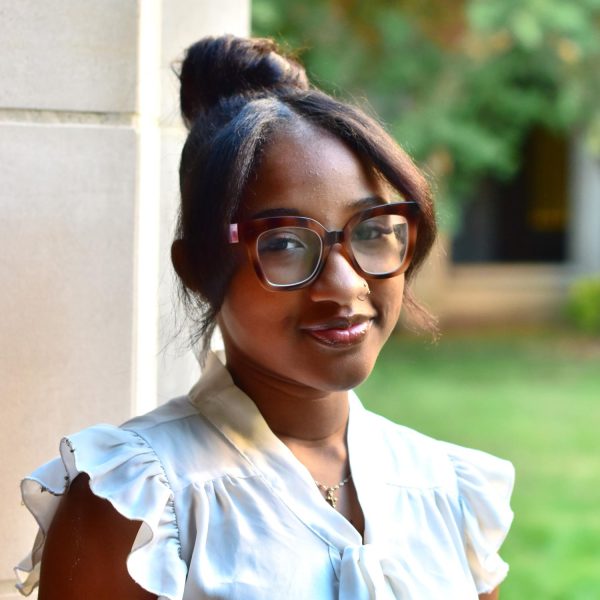
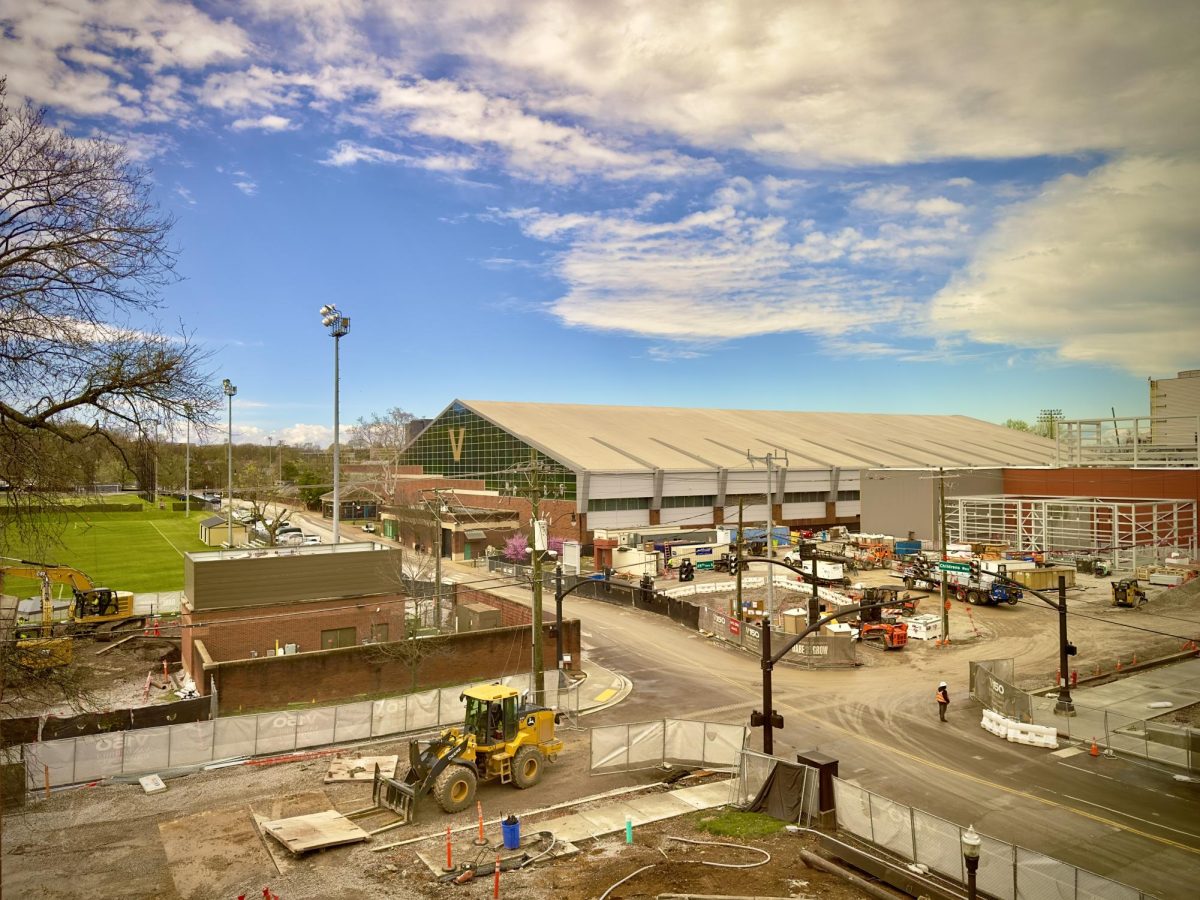
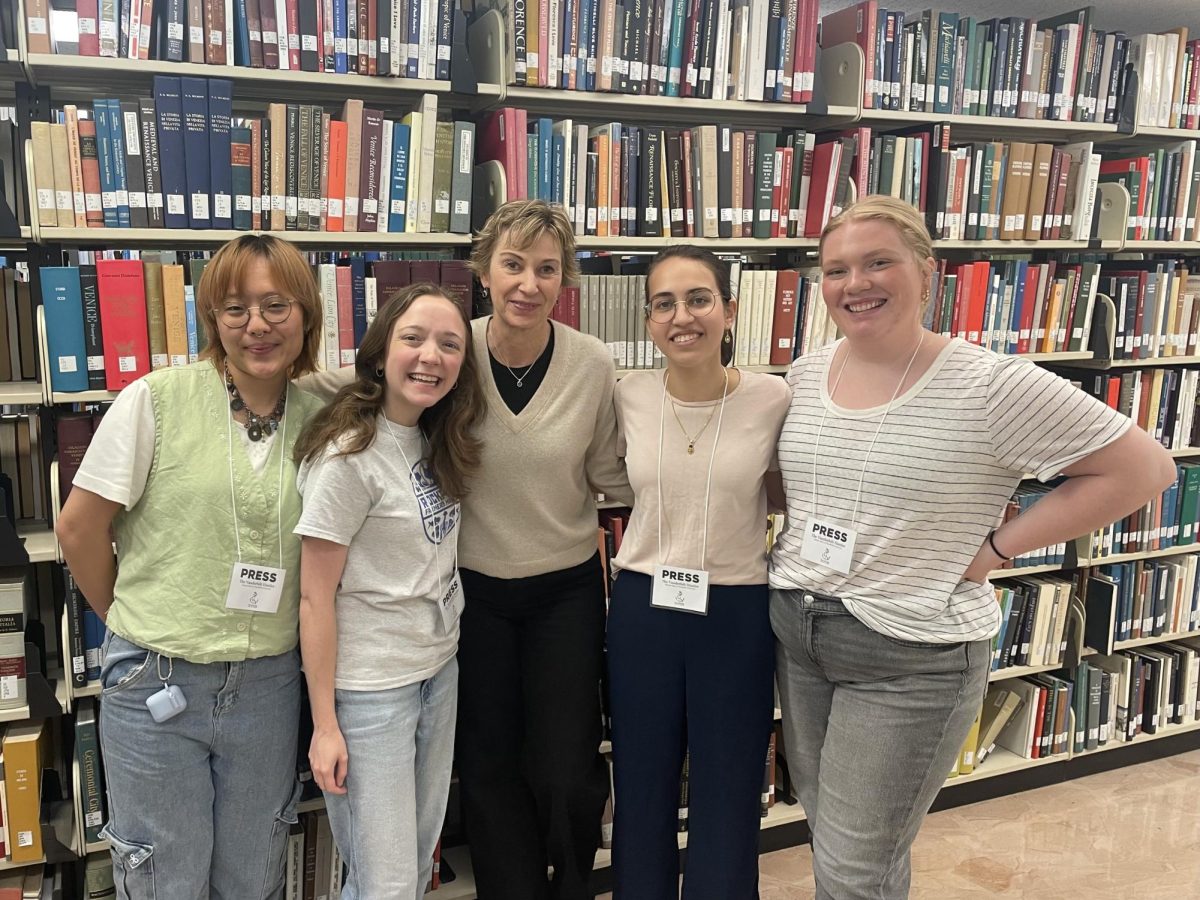
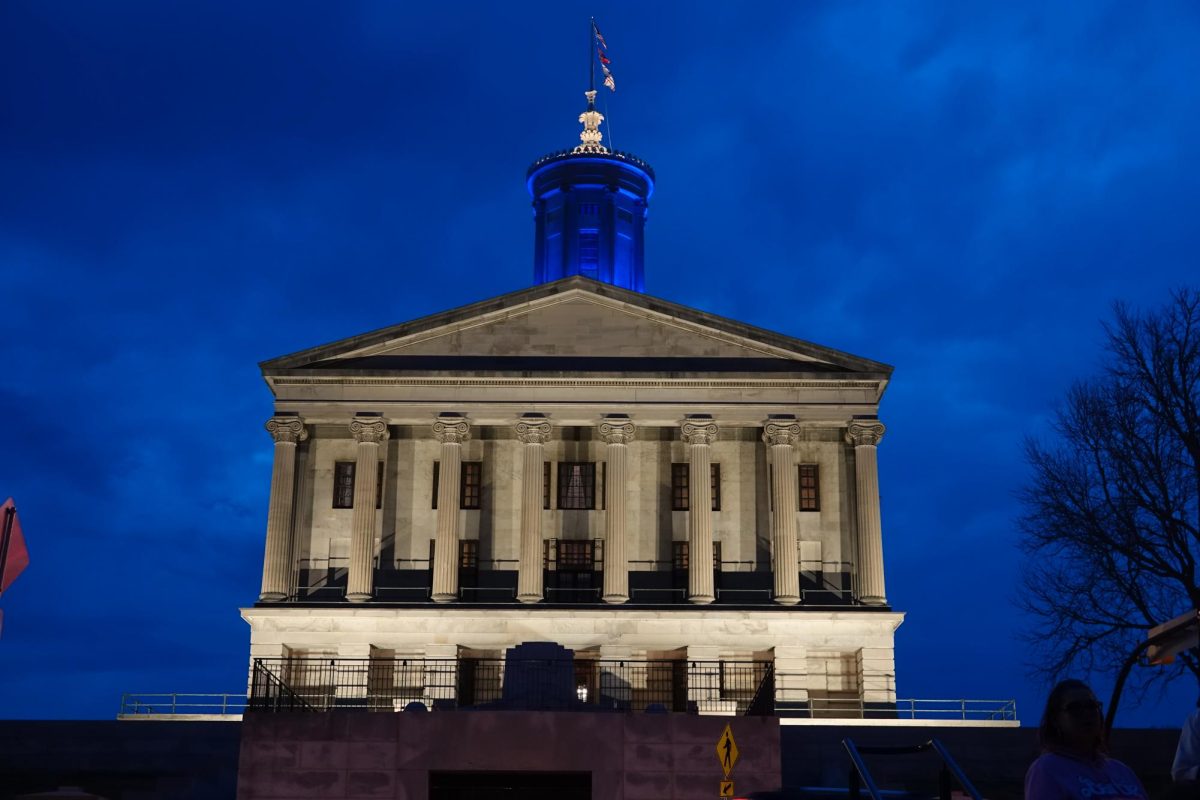

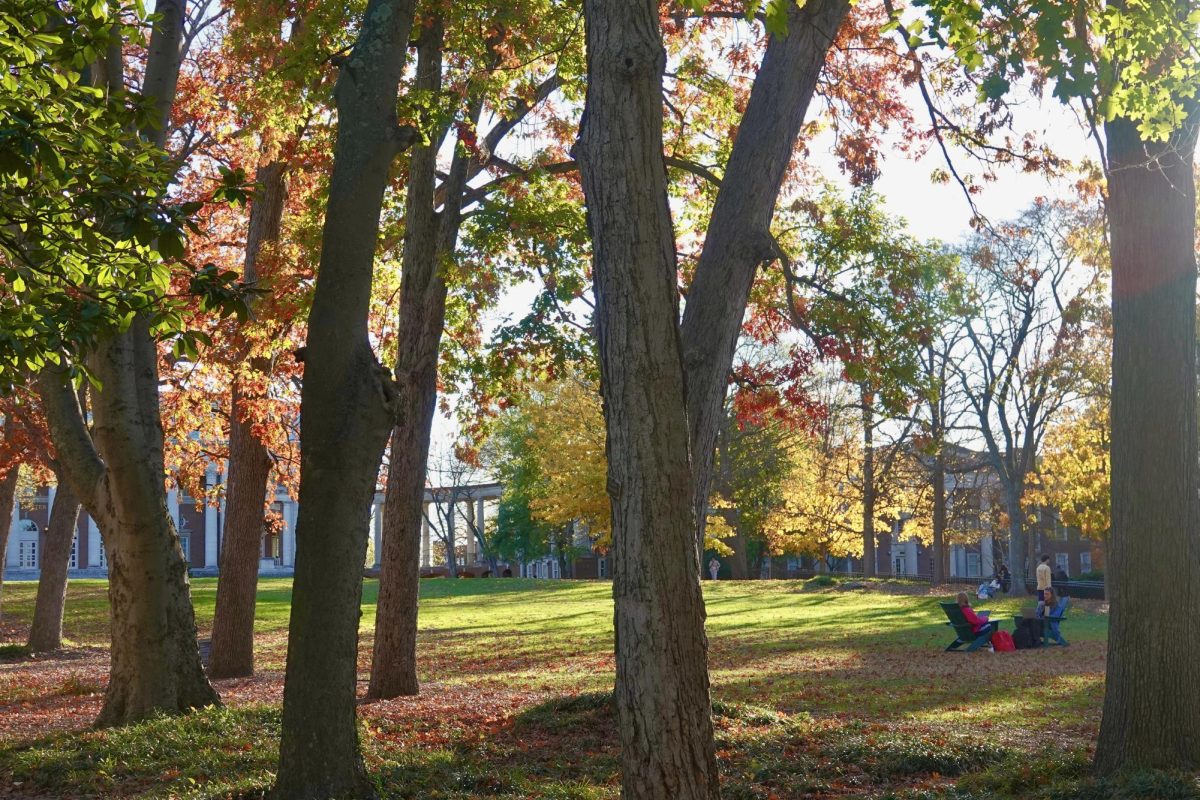
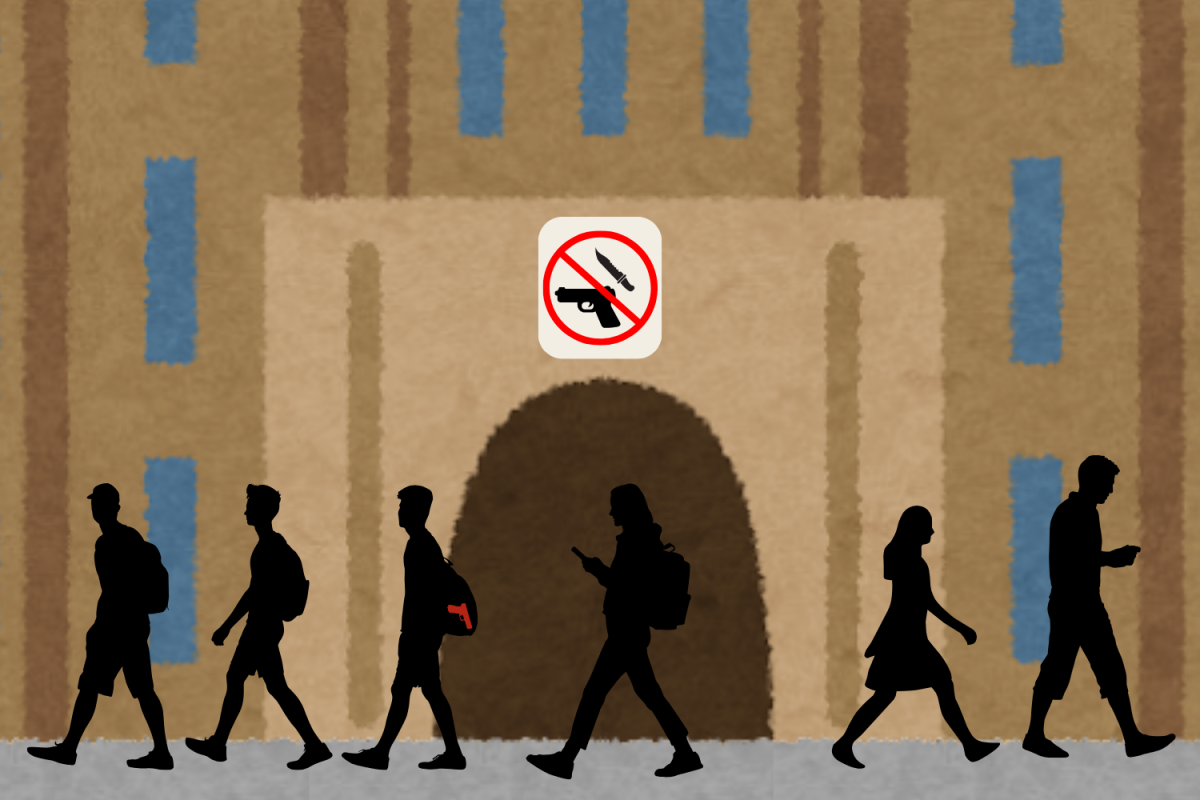
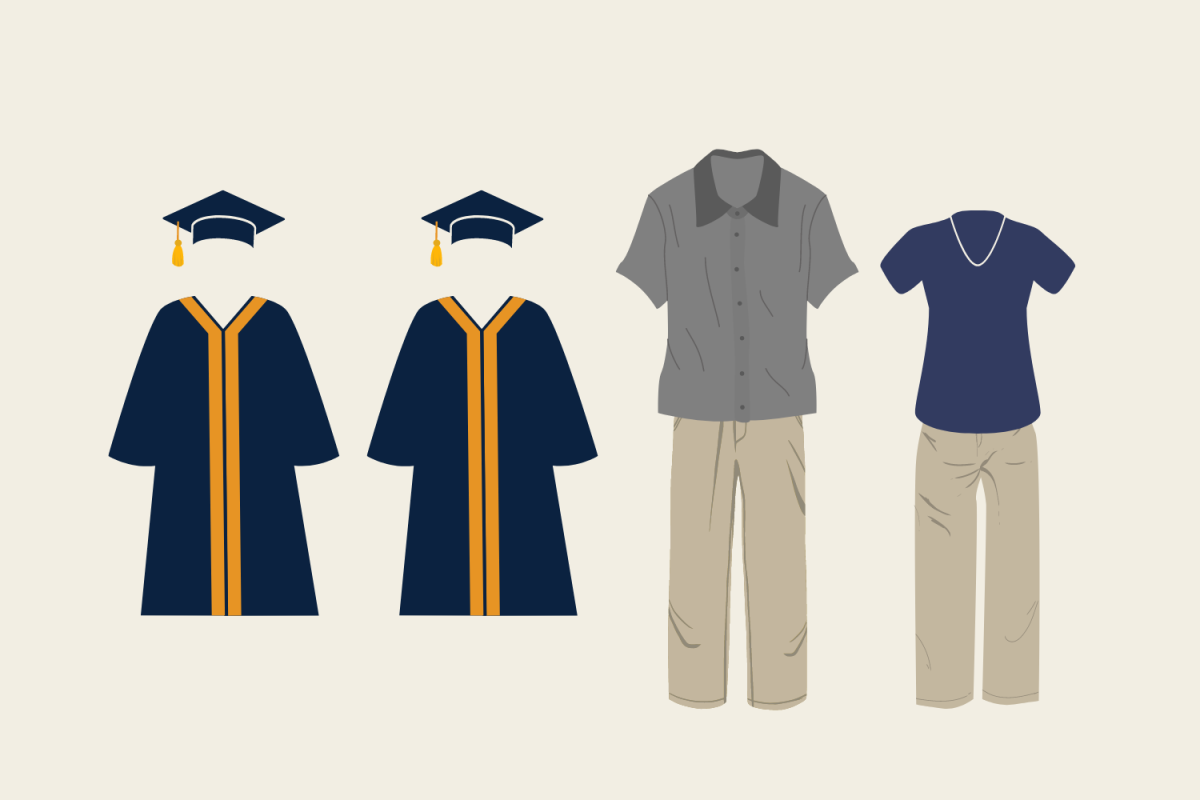
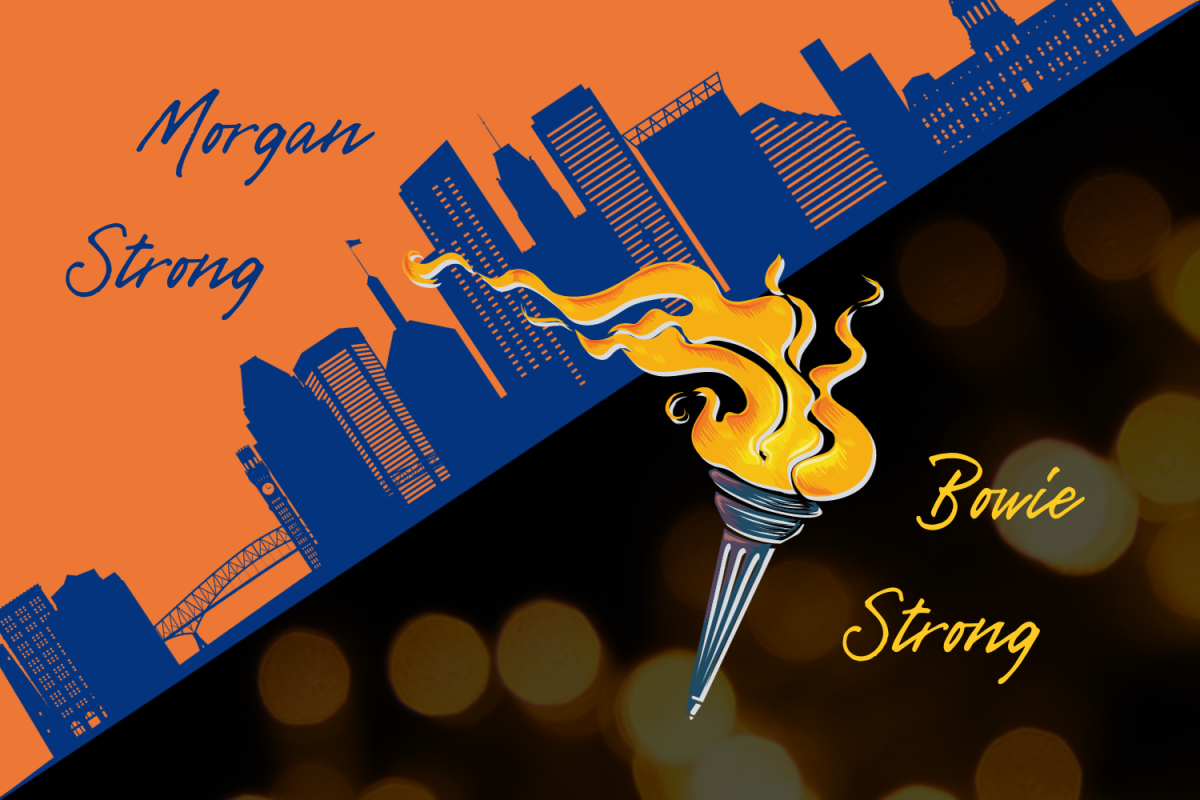
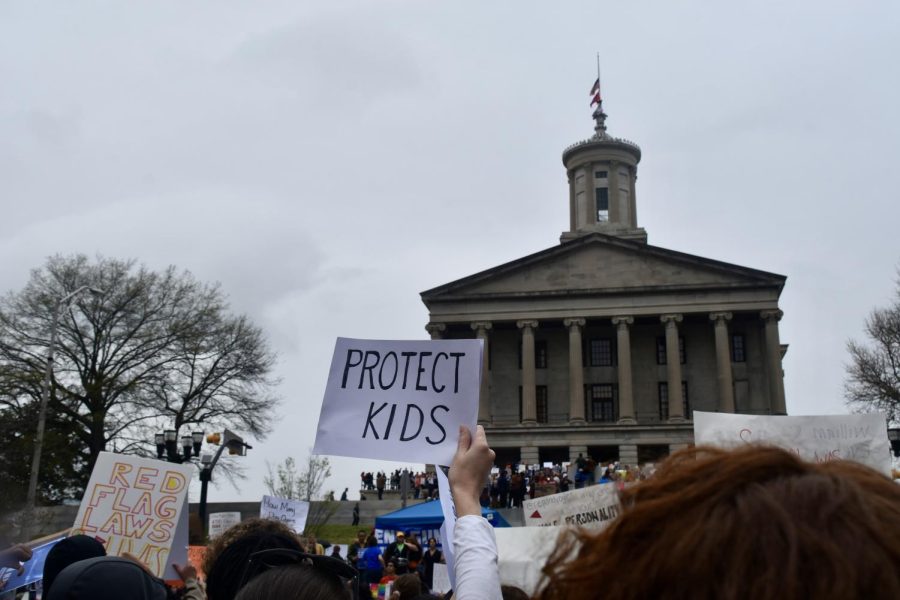
Kaylynn Crawford • Jan 23, 2024 at 5:00 pm CST
This is beautiful. From one reporter to another, you did a great job.
Lauren Graziano • Dec 7, 2023 at 7:22 am CST
Ms. Zoe Abel, this was phenomenally written. It was hard to start my day with, as a journalism and English teacher in Maryland but I’m so glad I did. Brilliantly done—thank you for your advocacy for life.